Free Will Through the Eyes of Christopher Nolan
The acclaimed director has quietly woven in a central theme and question that plagues the mind of every moviegoer
Christopher Nolan is unafraid to throw around philosophical terms. As a director and writer, he leans on heavy exposition and dialogue to spell out his philosophy of the day. His fascination with time is well-documented since 2001’s Memento challenged traditional storytelling with a plot moving simultaneously forwards and backward. Nolan has tackled concepts of morality and masculinity, the human condition, the natural and supernatural. Love and emotion become characters in his stories as he attempts to quantify and give tangible feeling to the intangible. When John David-Washington asks, “What about free will?” in Tenet, it is the first time in 22 years of filmmaking those words appear in a Christopher Nolan film. Despite his track record, this does not mean the concept hasn’t been explored in his previous works. The truth is, free will has been the rare hidden theme, the unique subtext running through a filmography overwrought with declarations and matter-of-fact discussions.
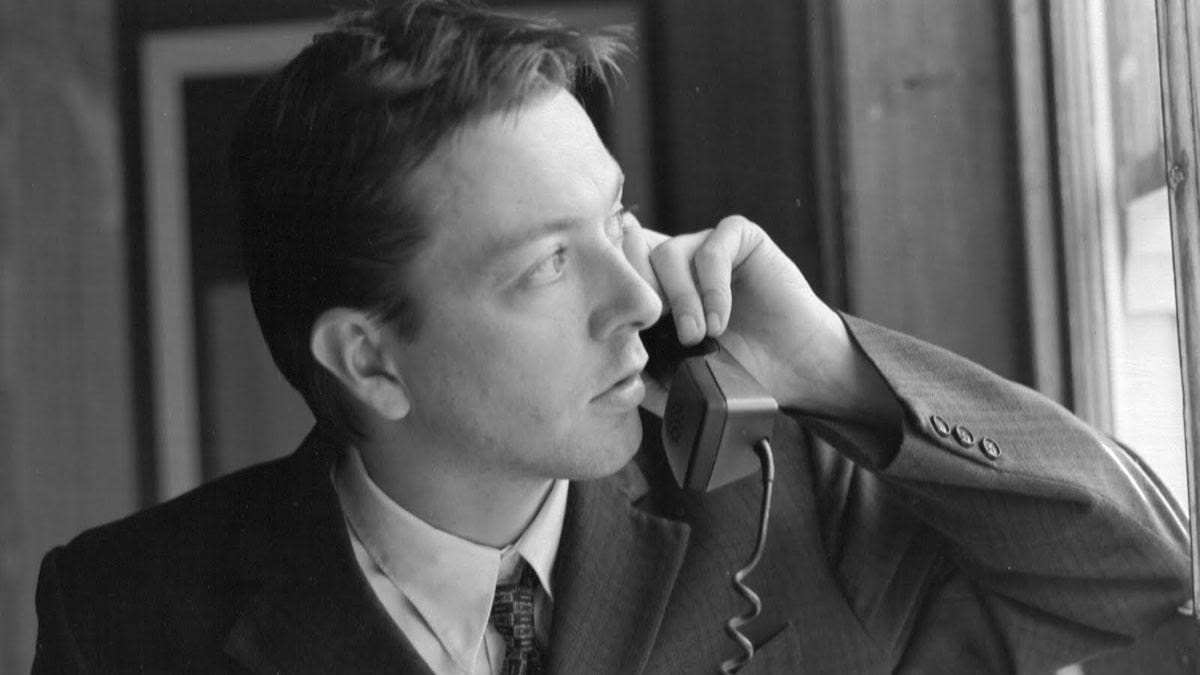
Following launched Nolan’s filmography with his classic motifs of men in suits carrying on their work in high-minded fashion. A career burglar guides a new pupil in the field of robbing homes, not just in practice but in the motivation of robbery. The student is looking for a good story to publish and maybe a rent check, but the teacher wants to play mind games with their targets. He plays an early version of Ledger’s Joker, an agent of chaos sowing tiny seeds of unrest in every home they visit. The signature twist arrives when the career criminal named Mr. Cobb (sound familiar?) reveals his ulterior motive in guiding the unnamed student through the ways of criminality: to frame him for a robbery turned homicide. The student’s choices to follow Mr. Cobb into his lifestyle were planned for him, they were not of his own volition and curiosity. His curiosity was orchestrated, and his sense of free will had been stolen and directed back at him with malicious intent.
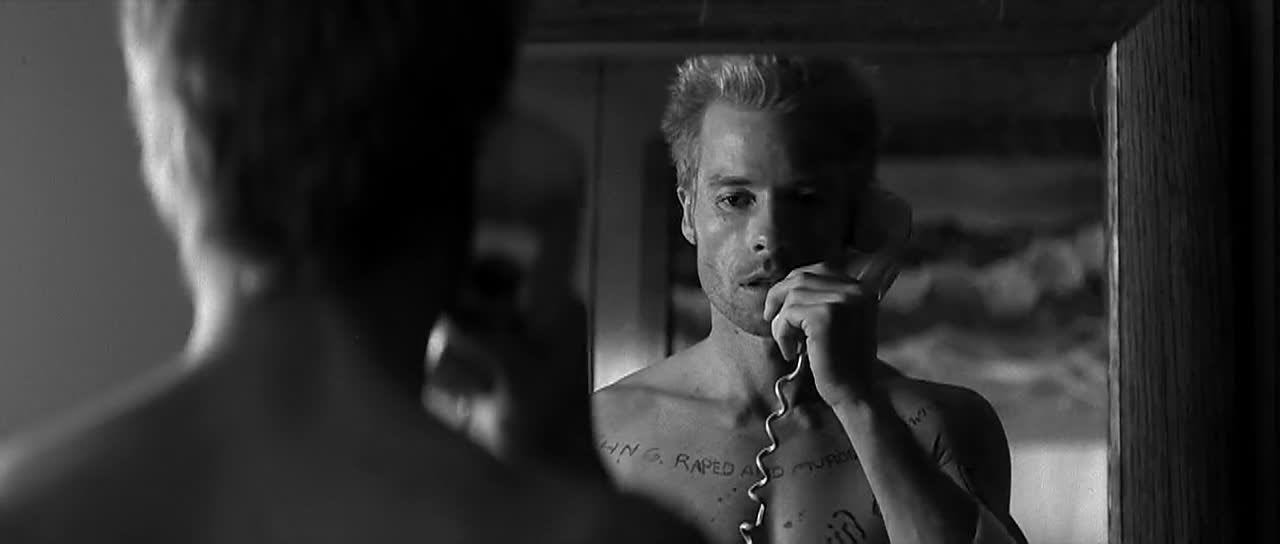
Guy Pearce delivers an ironically memorable performance in Nolan’s independent triumph Memento. It’s a fractured performance that requires Pearce to express genuine confusion and adopt a blank slate on his face over and over again as his memory continues to give every few minutes. The tattoos covering his body and notes stuffed in random pockets only help so much when outside characters manipulate his wiped mind. Pearce’s mind is torn between what he knew to be true before his amnesia-inducing accident, and the assortment of facts he uncovers afterward. His quest to avenge his slain wife becomes muddled at the end of the film (which is also the middle of the narrative). He realizes how the surrounding characters have used him, and in the final moments, before the amnesia sets in again, he makes a fateful choice to reset his target. He changes his notes and amends the clues that his forgetful self will discover moments later. He will never know the choice he made, and his conscience is free of guilt. He altered his free will, eliminating the true choice from his future.
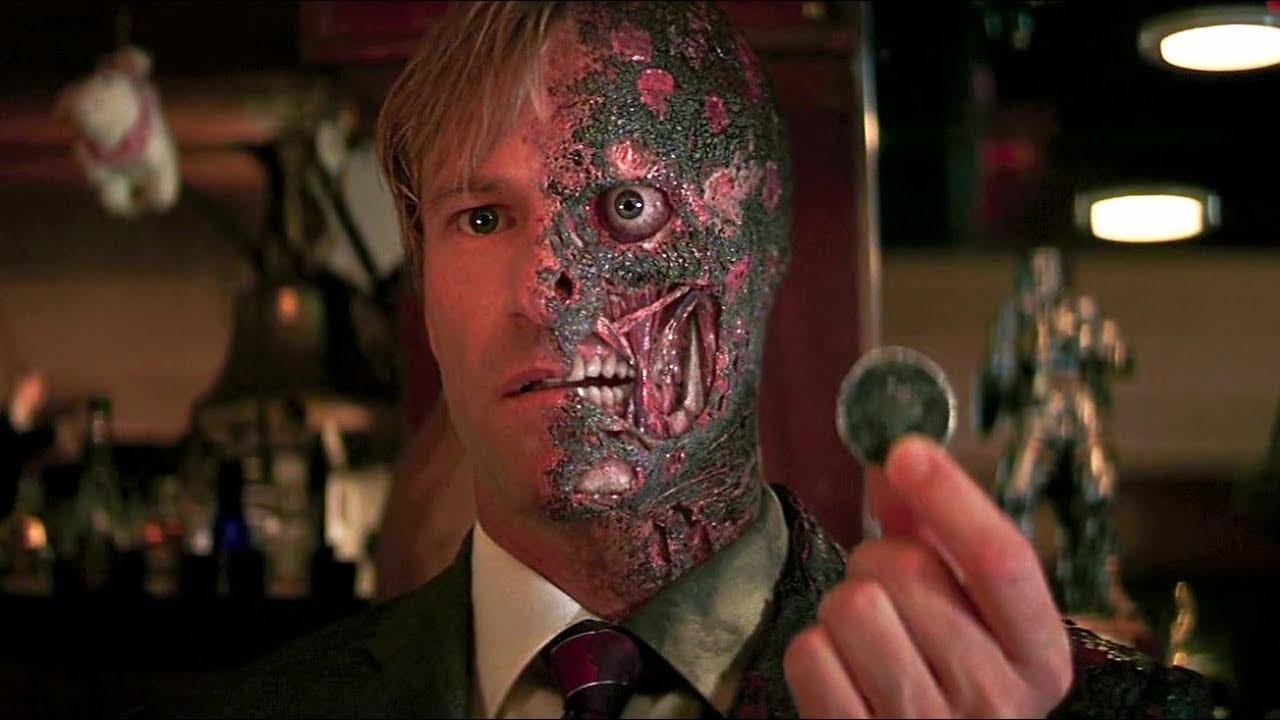
Nolan uses a double-sided trick coin to connect choice and free will between The Prestige and The Dark Knight. In The Prestige, Christian Bale produces the coin as a clever trick for his love interest’s nephew and breaks the magician’s code as he reveals the coin’s true nature. He leaves the coin with the boy, along with a message: he cannot show anyone the secret. The power of the trick is the secrecy. It’s this established power in Nolan’s universe that Harvey Dent carries in The Dark Knight with his trick coin. Instead of leaving important decisions in the hands of fate, he uses his coin to force the outcome. His trick is making those around him believe he’s taking a gamble with their lives or with his own, but the deceit is turned on him after the Joker’s kidnapping leaves half his face scarred and half his coin blackened. In his pain, he rejects the ability to choose and turns to fatalism. The Joker sent him into a spiral, and the secret power of the coin alluded to in The Prestige? It was gone.

The key question of Inception Cobb and his team of professional dream criminals must answer is: can an idea planted from outside a person’s mind be interpreted as an original thought? The objective is to twist their mark’s free will and plant their idea so deep he believes it to be his own. The questions the film does not answer: if this is possible, how can any idea or thought be truly unique? If incepting the extreme idea of dissolving a family company is possible, what about much smaller thoughts? Cobb’s team walks away from their mission successful, but their target’s decision making is changed forever. Is any choice he makes in the future his own, or do they all stem from the false choice? Nolan lets these questions sit, but if free will exists in the world of Inception, it appears to be a lie.
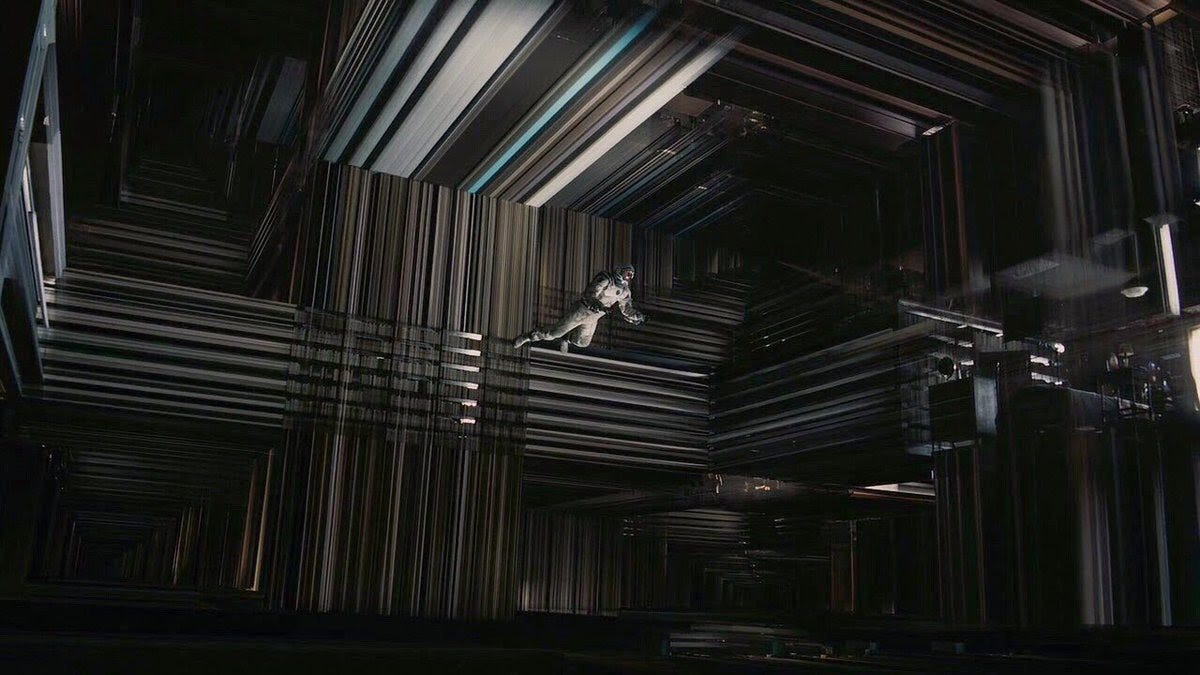
Interstellar gives free will a duality, an external face to an internal process. Matthew McConaughey spends most of the story confronting supernatural experiences. His team attempts to frame these experiences as alien, or perhaps random scientific aberrations of gravity. His guided path ends when he flies directly into a black hole and discovers a tesseract of physical time and space, a tesseract constructed from his daughter Murph’s childhood bedroom. The grand realization is the experiences were not aliens or a ghost as Murph thought. McConaughey brought himself to each moment of his journey, and in that tesseract, he can communicate each step to his past self. The decision to investigate and discover NASA was made for him in the future. He told himself where to go, his steps established before he took them.
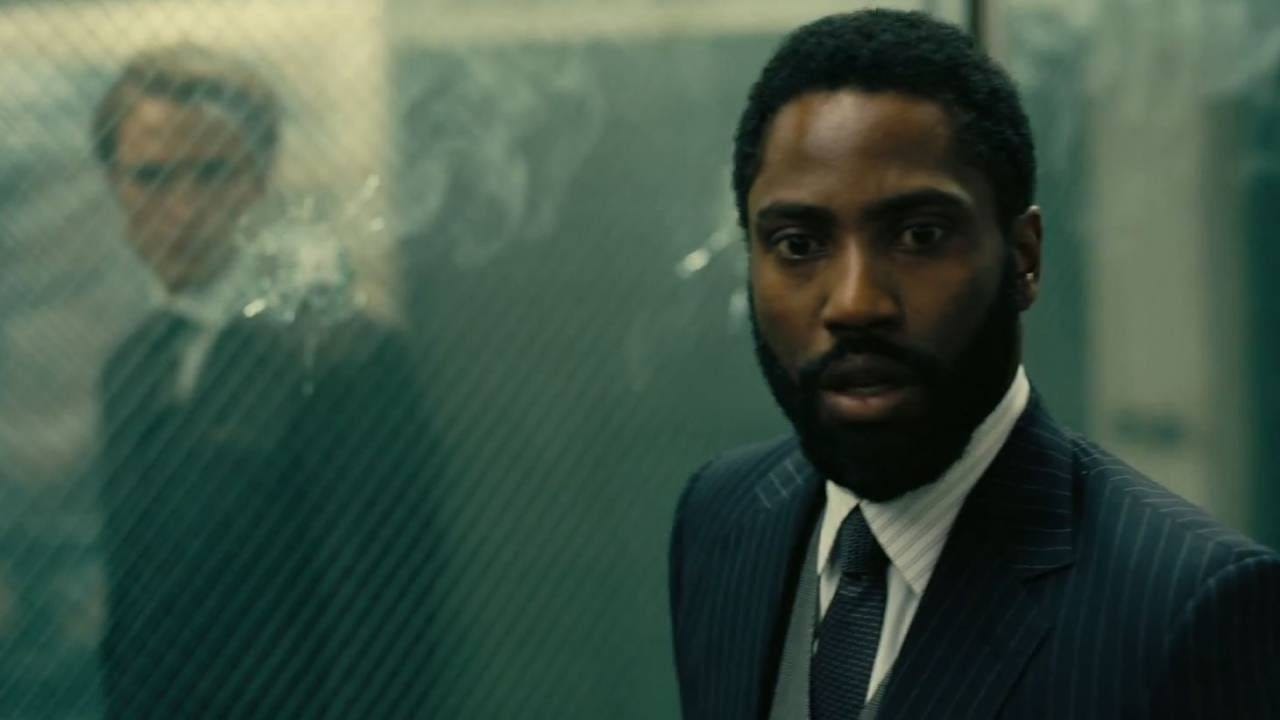
The final thesis Nolan gives on free will is found in Tenet. As John David-Washington struggles with the concept of inverted time, he questions how an object in the future can jump into his hand before he’s even decided to drop it. The underground scientist teaching him simply replies, “That bullet would never have moved if you hadn’t put your hand there...don’t try to understand it. Feel it.” This can be interpreted as Nolan’s general mission statement, but the context is free will. He believes it is impossible to detail the specifics of free will, which perhaps explains why he avoided the proper term in his previous films. There is no monologue or scientific musing to account for free will in the Christopher Nolan universe, only hints. The simplest interpretation would indicate he denies free will, but he refuses to speak that directly. He leaves only one directive: feel it.
A bonus Nolan ranking:
Dunkirk
The Prestige
Interstellar
Memento
Tenet
The Dark Knight
Inception
Following
Batman Begins
The Dark Knight Rises
Insomnia

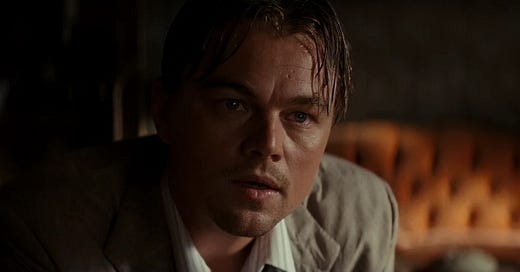


Dunkirk at number 1 where it belongs